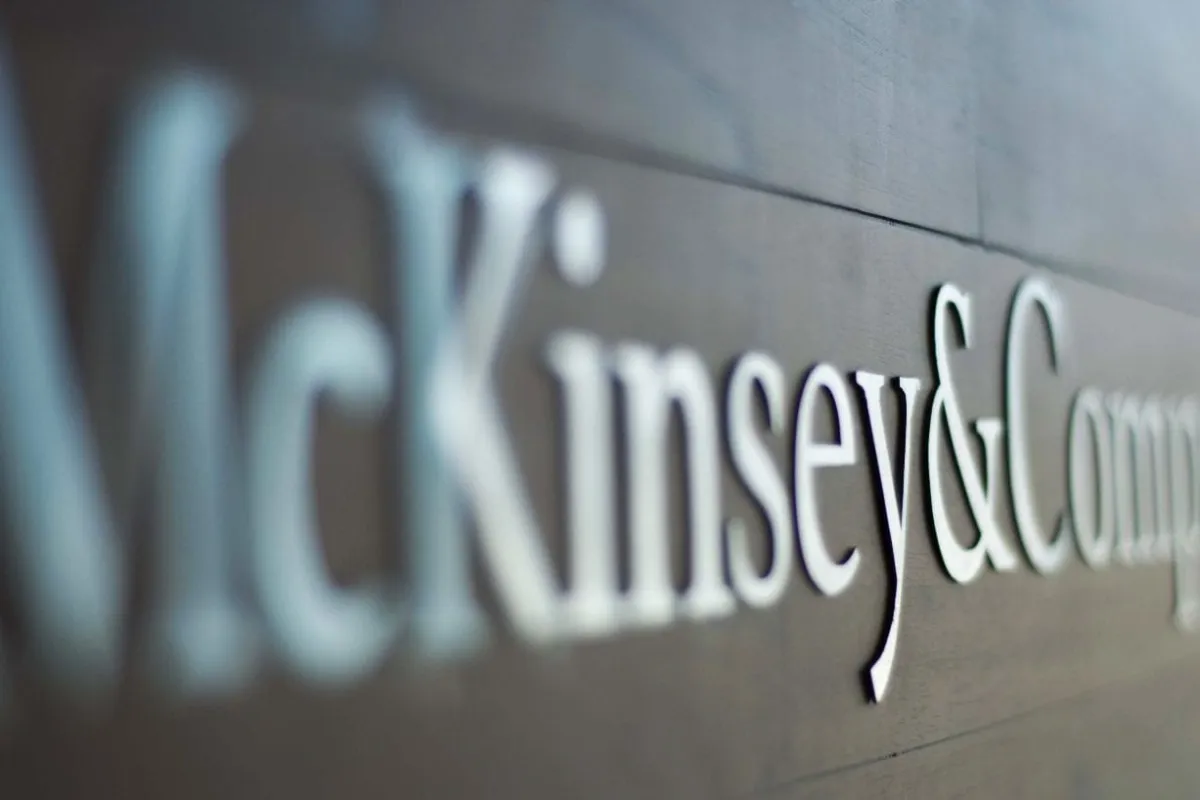Over the past few decades, McKinsey & Company, one of the world's most respected external consulting firms, has risen to the status of industry leader, advising governments and large corporations alike. However, beyond this mundane exterior lies a series of controversies and ethical dilemmas, raising serious questions about the origins and practices of the multinational.
McKinsey & Company was founded in 1926 by James O. McKinsey, a professor of accounting at the University of Chicago. Although originally dedicated to providing accounting and financial services to the city's businesses, the company expanded rapidly, becoming a key player in the sector in just a couple of decades.
However, the major turning point that gave McKinsey its current character came in the 1980s. The company's objectives expanded, following the wave of economic philosophy increasingly popular at the time, that of applying business management concepts to the state. This is how this consulting empire came to work for both sides of the coin, private and public.
Needless to say, rumors and controversy followed this successful development. In the 1990s, the company paraded the virtue of relocating factories to countries with "cheap" labor to all monopolists and states.
Micheal Forsythe, author of When McKinsey Comes To Town, explained to Current Affairs that "for one tobacco company, a slide was pasted into a company presentation about how it could save money by offshoring: 'Look, this tool company has offshored to China and saved all this money! Why can't you?" So McKinsey, by virtue of the fact that they advise all these companies, has had a considerable influence on the spread of ideas that have promoted inequality."
By the early 2000s, the multinational was implicated in the Enron scandal, the energy merchant that collapsed in 2001 following massive accounting fraud. This situation jeopardized the global economy, while destabilizing the American stock market. McKinsey had spent the last few years unabashedly promoting Enron's business model, and their relationship was well known at the time.
The following years saw a succession of accusations of collaboration with state-owned enterprises, leading to corruption, political party financing scandals, and possible collaboration in cartels aimed at artificially raising the price of certain consumer products.
More recently, it was the company's involvement in the North American opioid crisis that particularly shocked the public. McKinsey was exposed for its decisive role in Purdue's aggressive marketing strategy for its OxyContin, which essentially consisted of encouraging over-prescribing of the drug in cases where this was not necessary. OxyContin is a powerful drug with a high addiction potential. Purdue and McKinsey were forced to pay monstrous fines for their actions.
In 2019, they were collaborating with the Saudi state, conducting a public opinion survey on their behalf to gauge the perception of their policies and find ways to improve their image. The contract was awarded to McKinsey & Company shortly after international accusations were made against Saudi Arabia for its repression of journalistic freedom and its involvement in the murder of a journalist.
- The government gives the reins of power to a private firm
- The Disturbing Evolution of McKinsey & Company
- Corruption and manipulation in public health policies
- Bankers in consultant’s clothing
- McKinsey’s shadow looms over Boeing whistleblower’s “suicide”
- McKinsey partner destroyed records to hide role in crisis


